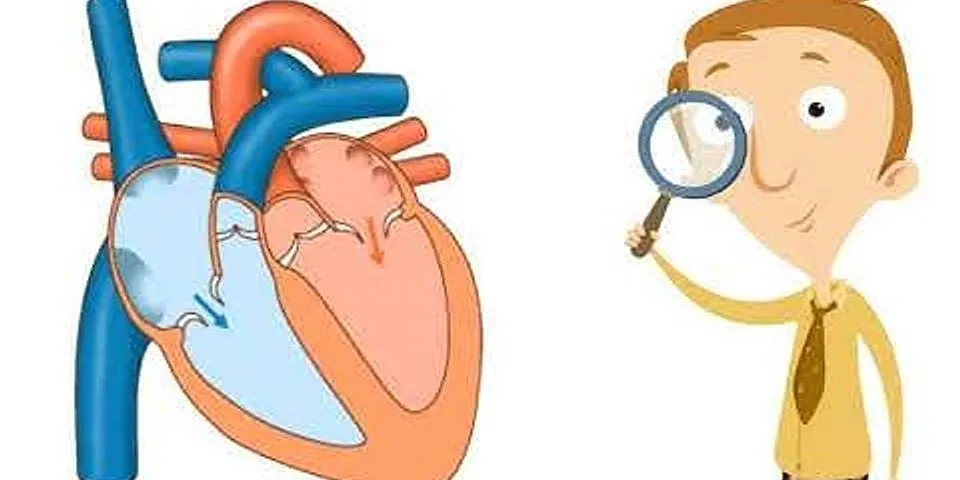Is the use of data, facts, analytics, scientific rigor, critical evaluation, and critically evaluated research/case studies to support human resource management proposals, decisions, practices, and conclusions. Show
This specific function of HRM is very vital to the success of firms. When a manager is making decisions that will impact the entire organization it is important to make decisions that are based on factual evidence. If a manager tries to make changes to their organization for the better and it's based on an assumption or the way something makes them feel, then the manager could potentially harm the productivity of the company. Therefore, it is always important to make decisions based on actual metrics to put the company in the best position to succeed and to leave proper room for progression. 0% found this document useful (0 votes) 217 views 6 pages Explain what HR management is and how it relates to the management process © © All Rights
Reserved Share this documentDid you find this document useful?0% found this document useful (0 votes) 217 views6 pages Explain What HR Management Is and How It Relates To The Management ProcessOriginal Title:Explain what HR management is and how it relates to the management process Jump to Page You are on page 1of 6 You're Reading a
Free Preview Reward Your CuriosityEverything you want to read. Anytime. Anywhere. Any device. No Commitment. Cancel anytime.  Definition & Examples of Human Resource Management?••• Lane Oatey / Blue Jean Images / Getty ImagesUpdated on February 28, 2021 Human resource management is the organizational function that manages all of the issues related to the people in an organization. That includes but is not limited to compensation, recruitment, and hiring, performance management, organization development, safety, wellness, benefits, employee motivation, communication, policy administration, and training. Learn more about what human resource management is and how it works. What Is Human Resource Management?Human resource management is also a strategic and comprehensive approach to managing people and the workplace culture and environment. Done well, it enables employees to contribute effectively and productively to the overall company direction and the accomplishment of the organization's goals and objectives. The department members provide the knowledge, necessary tools, training, administrative services, coaching, legal and management advice, and talent management oversight that the rest of the organization needs for successful operation. Alternate name: Human capital management Acronym: HRM Watch Now: Why HR Matters Now More Than EverHow Does Human Resource Management Work?HRM staff members are partially responsible for ensuring that the organization has an overall mission, vision, and values that are shared and provide an overarching reason for employees to want to work for their organization. These elements can be inspirational and help employees feel as if they are part of something that is bigger than themselves. Additional activities sponsored by HRM can include employee and community outreach. They are frequent mentors and members of employee teams that address philanthropic giving, employee engagement activities, and events that involve employee families. Human resources management has evolved over the years, and it now usually involves contributing to a company's strategic direction and using metrics to measure efforts and demonstrate value. HRM functions are also performed by line managers who are directly responsible for the engagement, contribution, and productivity of their reporting staff members. In a fully integrated talent management system, the managers play a significant role in and take ownership of responsibility for the recruitment process. They are also responsible for the ongoing development of and retention of superior employees. HRM is moving away from traditional personnel, administration, and transactional roles, which are increasingly outsourced. The HRM function is now expected to add value to the strategic utilization of employees and to ensure that employee programs recommended and implemented impact the business in positive measurable ways. Employees who work in HRM must also help keep their employer and company safe from lawsuits and the resulting workplace chaos. They must perform a balancing act to serve all of an organization's stakeholders: customers, executives, owners, managers, employees, and stockholders. Requirements for Entering Human Resource ManagementThose wishing to enter the field of HRM usually need at least a bachelor's degree in human resource management or a related field, such as business management. Some employers may also require candidates to a master's degree in business administration, human resources, or labor relations. Special certification isn't always necessary to get a job in HRM, but it can help candidates stand out, and some employers may require it. Several professional associations offer these types of certifications:
The amount of experience needed depends on the preference of the employer, but most manager-level HRM positions require several years in the field. The soft skills employers usually require in HRM candidates include leadership, communication, decision-making, organizational, and interpersonal skills. Key Takeaways
What is Human Resource Management explain in detail?HRM is employee management with an emphasis on those employees as assets of the business. In this context, employees are sometimes referred to as human capital. As with other business assets, the goal is to make effective use of employees, reducing risk and maximizing return on investment (ROI).
What is meant by a Human Resource Management system and how does this relate to the concept of an organization as a system?Human Resource Management System (HRMS) refers to an array of software including Human Capital Management (HCM) and Human Resource Information System (HRIS)that help HR staff take care of an organization's most valuable assets, people. HR tasks are too complex and time-consuming when performed manually.
Why Human Resource Management is important and the Human Resource Management process?Human resources management is a very important function in every organization. Without human resources management, companies would not be able to effectively recruit and retain employees, improve and enhance the organization, and they wouldn't be able to maintain a healthy, accepting workplace culture and environment.
|





















